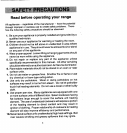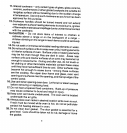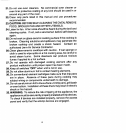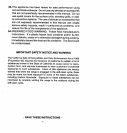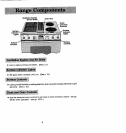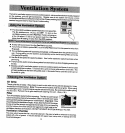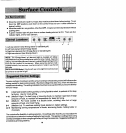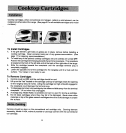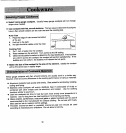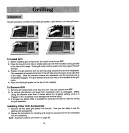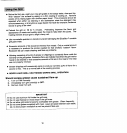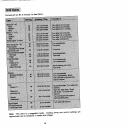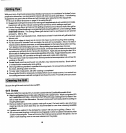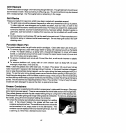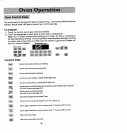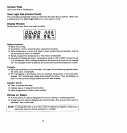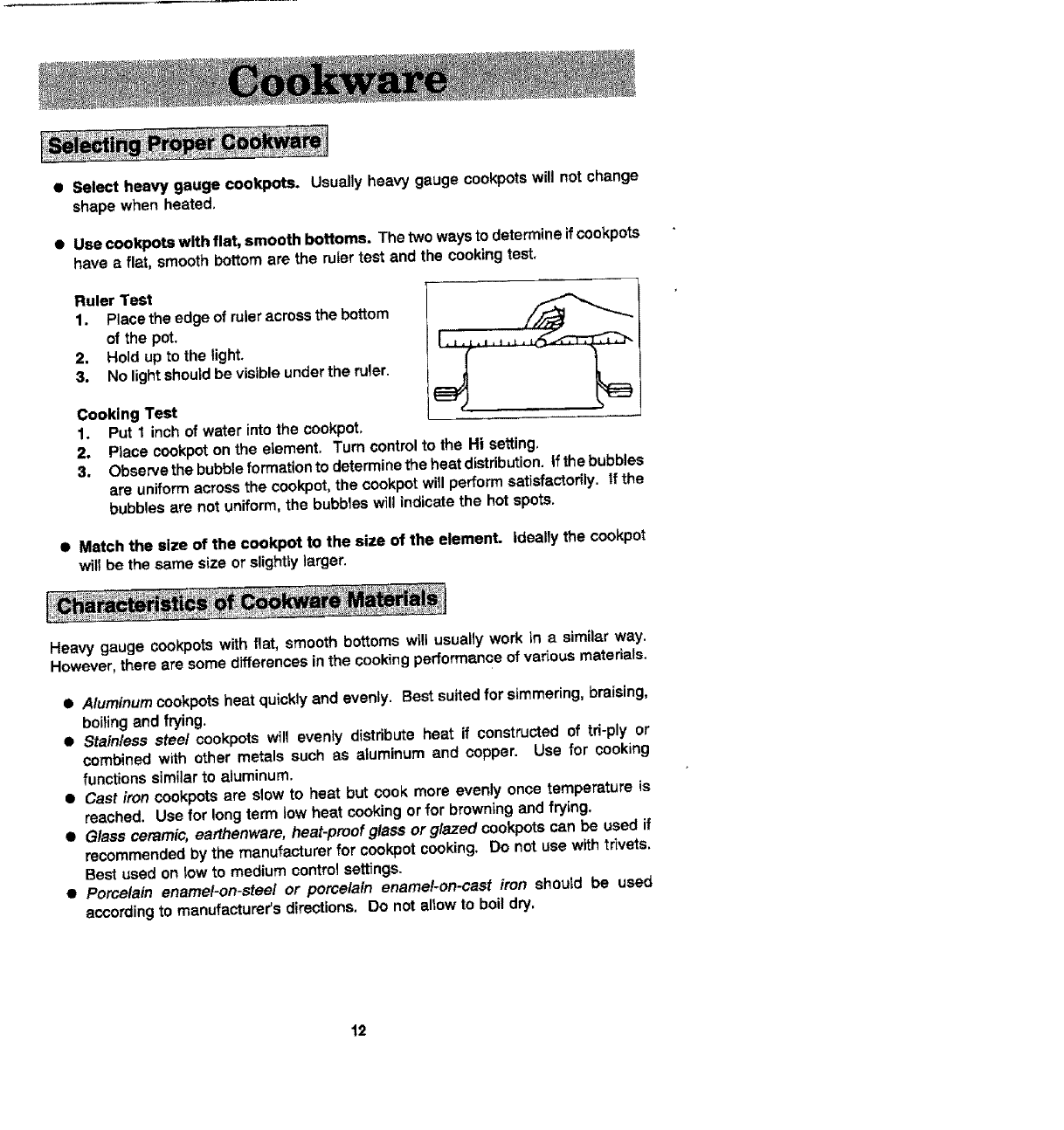
• Select heavy gauge cookpots. Usually heavy gauge cookpots will not change
shape when heated.
• Use cookpots with flat, smooth bottoms. The two ways to determine ifcookpots
have a flat, smooth bottom are the ruler test and the cooking test.
Ruler Test
1. Place the edge of ruleracross the bottom
of the pot.
2. Hold up to the light.
3. No light should be visible under the ruler.
Cooking Test
1° Put 1 inch of water intothe cookpot.
2. Place cookpot on the element. Turn control to the Hi setting,
3. Observe the bubble formation to determine the heat distribution, ifthe bubbles
are uniform across the cookpot, the cookpot will perform satisfactorily. If the
bubbles are not uniform, the bubbles will indicate the hot spots.
• Match the size of the cookpot to the size of the element, ideally the cookpot
will be the same size or slightly larger.
Heavy gauge cookpots with fiat, smooth bottoms will usually work in a similar way.
However, there are some differences in the cooking performance ofvarious materials.
• Aluminum cookpots heat quickly and evenly. Best suited for simmering, braising,
boiling and frying.
• Stainless steel cookpots will evenly distribute heat if constructed of tri-ply or
combined with other metals such as aluminum and copper. Use for cooking
functions similar to aluminum.
• Cast iron cookpots are slow to heat but cook more evenly once temperature is
reached. Use for long term low heat cooking or for browning and frying,
• Glass ceramic, earthenware, heat-proof glass or glazed cookpots can be used if
recommended by the manufacturer for cookpot cooking. Do not use with trivets.
Best used on low to medium control settings.
• Porcelain enamel-on-stee! or porcelain enamel-on-cast iron should be used
according to manufacturer's directions. Do not allow to boil dry.
12



